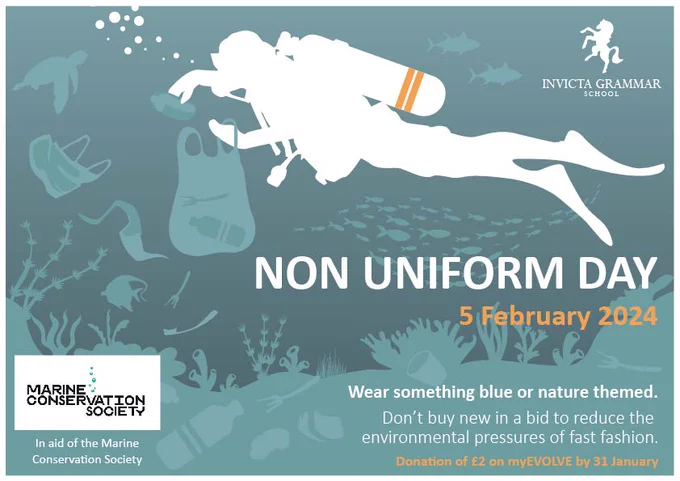Invicta Vlogs
Should You Trust an ‘it’?
Should You Trust an ‘it’?
Scams come in many different shapes and forms - such as in a text, a phone call, an e mail or an advert on an app. The issue with these scams is that they are not always easy to spot. How many of you have seen pop ups asking you to buy, claiming you are a winner, requesting that you “click here”? Many of these can be a scam. But how can you tell if something is a scam?
E-mails are probably the most common of them all. Some may request your bank details, ask for a donation or just request your e-mail address. We recommend, firstly, not to open the e-mail, and if you do, that you do not click on any links. If you are still unsure here are a few more simple ways to find out whether it is a scam or not:
• Before you click on the address, hover over it as this can reveal some hidden information.
• You could copy and paste the email address into a web browser or search engine to check further. There could be advice online referring to the spammer and other peoples’ experiences which will be a big clue.
• Some people may change their address to a genuine company to make you believe that they are a legitimate source. More often than not, they are not, so be wary if you do not recognise their name.
Phone and text scams are a little easier to recognise. They will often come up as a unknown caller.
You can also try to spot a scam by identifying the location of the call. If the call has a location, and if it is local, it could genuine.
However, if it is from somewhere further afield and not expected, it is most probably fake. The best thing to do with this, is to ignore the call and not answer it. If you reject the call, the caller will know that have received the call and your phone is active. However, if you just leave it, the calling company will have no idea if your phone number is even assigned to a person.
Another method could be online advertisements. These can be tricky to determine whether they are real or not, but the best thing here is to ignore them and for you to seek out the products and services you require. Just do not click on pop-ups and other online adverts, as it could attack your device with some sort of malware.
Finally, stay alert to fake websites. You may know that you should not always press the first website you come to, as these can be sponsored sites in a search engine result page. Something to look out for is, when renewing your EHIC card. Searching, you may be faced with multiple websites that all do the same thing, except for the real one. They may offer a “speed up process” for £16 to £60. Many people fall for the trap of clicking on a fake website and paying money they don't need to pay. EHIC cards do not need to be paid for. You could also check that at the top of the page, on the address bar on most devises, there should be a little padlock indicating that is secure before providing any personal information
We hope we can help you understand and take precautions when faced with unknown and potentially dangerous e-mail, phone calls, websites and advertisements.
Sophia Ming and Ashleigh Jeynes
Digital Leaders




























